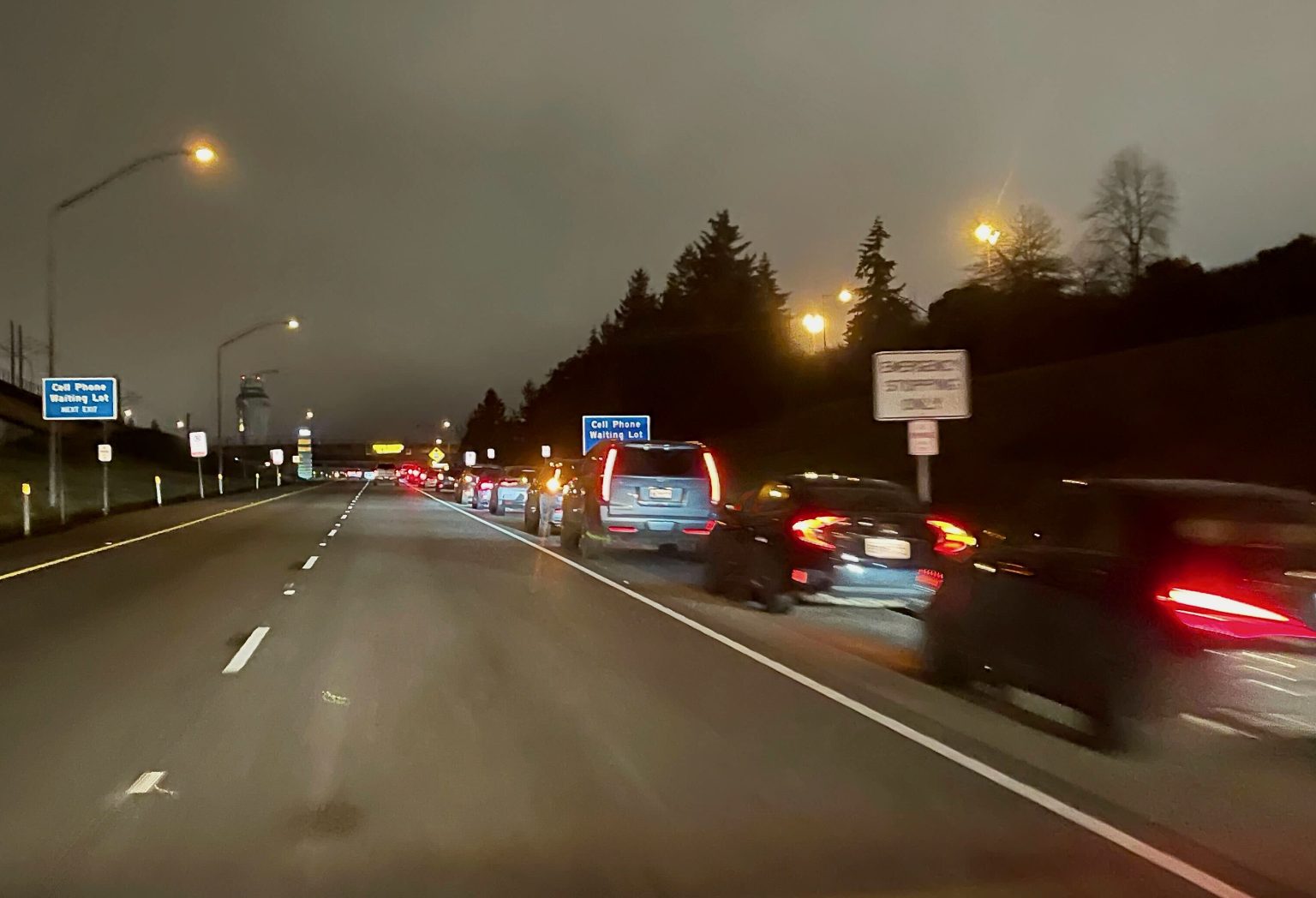Paragraph 1: The Persistent Parking Predicament at Sea-Tac Airport
Seattle-Tacoma International Airport (SEA) grapples with a persistent parking challenge: drivers waiting to pick up arriving passengers often disregard "no parking" signs and park along airport roadways, creating congestion and safety hazards. While SEA provides a free "cell phone lot" for drivers to wait, its limited capacity and perceived inconvenience contribute to the problem. This illegal parking has become so commonplace that it’s even satirized locally, with the no-parking signs themselves becoming selfie attractions. The situation underscores the tension between passenger convenience and efficient traffic management at a busy airport.
Paragraph 2: Exploring Technological Solutions and Current Measures
The Port of Seattle is actively developing a technological solution to address this issue: a license plate reading system. While the specifics of the technology remain undisclosed, similar systems employed by other agencies, such as the Seattle Police Department, use cameras to capture license plate images for enforcement purposes. The cell phone lot, intended as a designated waiting area, currently allows drivers to park for up to 20 minutes and underwent improvements in 2022 to optimize traffic flow. However, these measures haven’t sufficiently deterred roadside parking, prompting the Port to explore more assertive strategies.
Paragraph 3: On-the-Ground Observations and Public Frustration
Observations at SEA reveal the extent of the problem: numerous cars parked illegally along roadways despite prominent "no parking" signage, while the cell phone lot nears capacity. This visual evidence underscores the urgency of the situation. Online discussions reveal public frustration, with some calling for stricter enforcement through ticketing and others highlighting the challenges associated with accessing and exiting the cell phone lot, particularly during peak traffic periods. These sentiments illustrate the need for a balanced solution addressing both enforcement and driver convenience.
Paragraph 4: The Seattle Police Department’s Use of ALPR Technology
The Seattle Police Department (SPD) utilizes Automated License Plate Reader (ALPR) technology across its patrol fleet for various law enforcement purposes, including tracking stolen vehicles. ALPR systems combine cameras and software to capture and process license plate images, which are then validated by officers and relayed to dispatch. This technology’s existing presence within the city’s law enforcement infrastructure could potentially streamline the implementation of a similar system at SEA.
Paragraph 5: Privacy Concerns and Regulatory Considerations
The implementation of ALPR technology at SEA raises privacy concerns similar to those surrounding its use by law enforcement. The American Civil Liberties Union (ACLU) has expressed concerns about potential over-surveillance and excessive location tracking associated with ALPR systems, advocating for stricter regulations to protect individual privacy rights. The Seattle City Council addressed these concerns when approving the SPD’s ALPR expansion by adding amendments to safeguard personal information. These pre-existing regulations could serve as a framework for implementing a privacy-conscious system at the airport.
Paragraph 6: Balancing Enforcement and Convenience: The Path Forward
The Port of Seattle’s planned implementation of a license plate reading system represents a proactive step toward addressing the chronic illegal parking issue at SEA. However, a successful solution requires a balanced approach that combines effective enforcement with measures to improve the convenience and accessibility of the cell phone lot. Addressing driver concerns about wait times and traffic flow within the designated waiting area, alongside clear communication and consistent enforcement of parking regulations, will be crucial for achieving long-term improvements. Ultimately, the goal is to create a safer and more efficient traffic environment for all airport users while respecting individual privacy rights.


